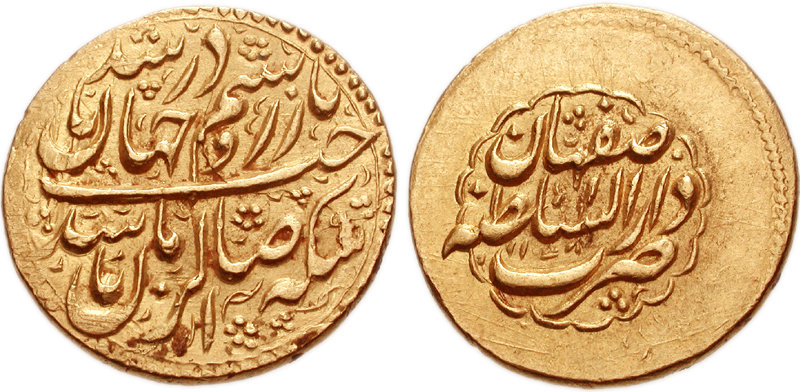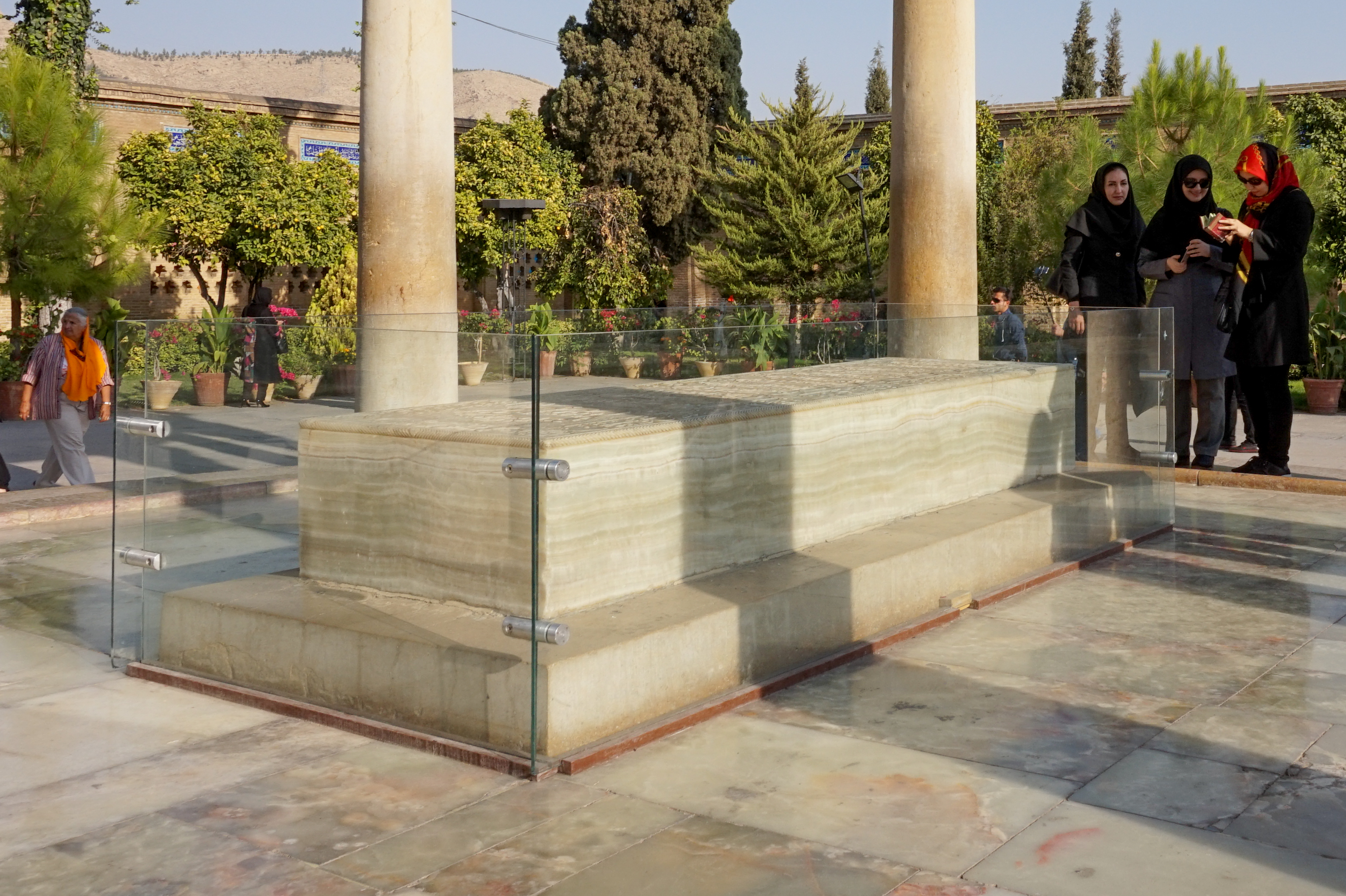|
Abdullah Pasha Bajalan
Abdullah Pasha Bajalan was the third Kurdish hereditary governor of the Pashlik of Zohab and chief of the Bajalan tribe during the mid-1700s. In the spring of 1754, he fought against Karim Khan Zand when the latter occupied the Kermanshah region. In late 1775, Nazar Ali Khan Zand, who had been dispatched by Karim Khan to reestablish Zand hegemony over Kurdistan, defeated Abdullah near Khanaqin, slaughtering 2,000 of his men and seizing 120,000 head of livestock. Abdullah built a guard station in Kalai Selzi. Claudius James Rich notes that near the tomb Hafez in Shiraz Shiraz (; fa, شیراز, Širâz ) is the List of largest cities of Iran, fifth-most-populous city of Iran and the capital of Fars province, Fars Province, which has been historically known as Pars (Sasanian province), Pars () and Persis. As o ... lies buried Abdullah Pasha of Zohab who died whilst on a mission to Kerim Khan. References Iranian Kurdish people 18th-century Kurdish people {{Kurd-bio-st ... [...More Info...] [...Related Items...] OR: [Wikipedia] [Google] [Baidu] |
Kurds
ug:كۇردلار Kurds ( ku, کورد ,Kurd, italic=yes, rtl=yes) or Kurdish people are an Iranian ethnic group native to the mountainous region of Kurdistan in Western Asia, which spans southeastern Turkey, northwestern Iran, northern Iraq, and northern Syria. There are exclaves of Kurds in Central Anatolia, Khorasan, and the Caucasus, as well as significant Kurdish diaspora communities in the cities of western Turkey (in particular Istanbul) and Western Europe (primarily in Germany). The Kurdish population is estimated to be between 30 and 45 million. Kurds speak the Kurdish languages and the Zaza–Gorani languages, which belong to the Western Iranian branch of the Iranian languages. After World War I and the defeat of the Ottoman Empire, the victorious Western allies made provision for a Kurdish state in the 1920 Treaty of Sèvres. However, that promise was broken three years later, when the Treaty of Lausanne set the boundaries of modern Turkey and made no s ... [...More Info...] [...Related Items...] OR: [Wikipedia] [Google] [Baidu] |
Bajalan
The Bajalan tribe (), are an ethnic Kurdish Bajelani speaking tribe. Ethnology Their ethnonym means "home of the falcons". The tribe originates from Abdal Bey, an Ottoman commander in the Ottoman–Safavid War (1623–39). Geography The seat of the Bajalan Pashas was Zohab which they founded according to James Silk Buckingham. SARPUL-I ZOHAB ("bridgehead of Zohab"), a place on the way to Zagros on the great Baghdad-Kirmanshah road, takes its name from the stone bridge of two arches over the river Alwand. Austen Henry Layard observes the river Holwan issues at Ser-puli-Zohab from a deep gorge through lofty precipices. The Bajalan Pass was noted by foreign travelers for its monasteries, bridges, castles and aqueducts. History 17th century The Bajalans, under the command of their leader Abdal Bey, participated on the side of the Ottomans in the Ottoman–Safavid War (1623–39); numbered some 4000, they fought successfully against the Persians and helped Sultan Murad IV conquer ... [...More Info...] [...Related Items...] OR: [Wikipedia] [Google] [Baidu] |
Karim Khan Zand
Mohammad Karim Khan Zand ( fa, محمدکریم خان زند, Mohammad Karīm Khân-e Zand; ) was the founder of the Zand Dynasty, ruling from 1751 to 1779. He ruled all of Iran (Persia) except for Khorasan. He also ruled over some of the Caucasian lands and occupied Basra for some years. While Karim was ruler, Iran recovered from the devastation of 40 years of war, providing the war-ravaged country with a renewed sense of tranquillity, security, peace, and prosperity. The years from 1765 to Karim Khan's death in 1779, marked the zenith of Zand rule. During his reign, relations with Britain were restored, and he allowed the East India Company to have a trading post in southern Iran. He made Shiraz his capital and ordered the construction of several architectural projects there. As noted by ''The Oxford Dictionary of Islam'', "Karim Khan Zand holds an enduring reputation as the most humane Iranian ruler of the Islamic era". When following the Islamic Revolution of 1979, the nam ... [...More Info...] [...Related Items...] OR: [Wikipedia] [Google] [Baidu] |
Khanaqin
Khanaqin ( ar, خانقين; ku, خانەقین, translit=Xaneqîn) is the central city of Khanaqin District in Diyala Governorate, Iraq, near the Iranian border (8 km) on the Alwand tributary of the Diyala River. The town is populated by Kurds who speak the Southern Kurdish dialect. Khanaqin is situated on the main road which Shia pilgrims use when visiting holy Islamic cities. The city is moreover rich in oil and the first Iraqi oil refinery and oil pipeline was built nearby in 1927. The main tribes of Khanaqin include Kalhor, Feyli, Zand, Malekshahi Suramiri, Arkavazi and Zangana. The city experienced Arabization during the Saddam era, but this has been substantially reversed after the fall of the regime in 2003 and remains disputed. History During the Sassanids Khanaqin was part of Khosrow shadpiruz province. In the early 11th century, the city was under the Banu Uqayl and later the Annazids until Ibrahim Inal captured the city around 1045. Khanaqin was p ... [...More Info...] [...Related Items...] OR: [Wikipedia] [Google] [Baidu] |
Claudius James Rich
Claudius James Rich (28 March 1787 – 5 October 1821) was a British Assyriologist, business agent, traveller and antiquarian scholar. Biography Rich was born near Dijon "of a good family", but passed his childhood at Bristol. Early on, he developed a gift for languages, becoming familiar not only with Latin and Greek but also with Hebrew, Syriac, Persian, Turkish and other Eastern tongues. In 1803, by the influence of friends, he was appointed a cadet in the East India Company's service. The Company's directors were so much impressed by Rich's linguistic attainments that they presented him with a writership on the Bombay Presidency, and thus changed his career from the military to the civil side. At the same time he was provisionally attached as secretary to Charles Lock, who was proceeding to Egypt as consul-general, in order that he might improve his Arabic and Turkish under the consul's direction. Rich embarked early in 1804 in the '' Hindostan'', which was wrecked, and R ... [...More Info...] [...Related Items...] OR: [Wikipedia] [Google] [Baidu] |
Hafez
Khwāje Shams-od-Dīn Moḥammad Ḥāfeẓ-e Shīrāzī ( fa, خواجه شمسالدین محمّد حافظ شیرازی), known by his pen name Hafez (, ''Ḥāfeẓ'', 'the memorizer; the (safe) keeper'; 1325–1390) and as "Hafiz", was a Persian lyric poet, whose collected works are regarded by many Iranians as a pinnacle of Persian literature. His works are often found in the homes of people in the Persian-speaking world, who learn his poems by heart and use them as everyday proverbs and sayings. His life and poems have become the subjects of much analysis, commentary and interpretation, influencing post-14th century Persian writing more than any other Persian author. Hafez is best known for his Divan of Hafez, a collection of his surviving poems probably compiled after his death. His works can be described as "antinomian" and with the medieval use of the term "theosophical"; the term "theosophy" in the 13th and 14th centuries was used to indicate mystical work by ... [...More Info...] [...Related Items...] OR: [Wikipedia] [Google] [Baidu] |
Shiraz
Shiraz (; fa, شیراز, Širâz ) is the List of largest cities of Iran, fifth-most-populous city of Iran and the capital of Fars province, Fars Province, which has been historically known as Pars (Sasanian province), Pars () and Persis. As of the 2016 national census, the population of the city was 1,565,572 people, and its built-up area with Sadra, Fars, Sadra was home to almost 1,800,000 inhabitants. A census in 2021 showed an increase in the city's population to 1,995,500 people. Shiraz is located in Southern Iran, southwestern Iran on the () seasonal river. Founded in the early Islamic period, the city has a moderate climate and has been a regional trade center for over a thousand years. The earliest reference to the city, as ''Tiraziš'', is on Elamite Clay tablet, clay tablets dated to 2000 BCE. The modern city was restored or founded by the Arabs, Arab Umayyad Caliphate in 693 CE and grew prominent under the successive Iranian peoples, Iranian Saffarid dynasty, Saffar ... [...More Info...] [...Related Items...] OR: [Wikipedia] [Google] [Baidu] |
Iranian Kurdish People
Iranian may refer to: * Iran, a sovereign state * Iranian peoples, the speakers of the Iranian languages. The term Iranic peoples is also used for this term to distinguish the pan ethnic term from Iranian, used for the people of Iran * Iranian languages, a branch of the Indo-Iranian languages * Iranian diaspora, Iranian people living outside Iran * Iranian architecture, architecture of Iran and parts of the rest of West Asia * Iranian foods, list of Iranian foods and dishes * Iranian.com, also known as ''The Iranian'' and ''The Iranian Times'' See also * Persian (other) * Iranians (other) * Languages of Iran * Ethnicities in Iran * Demographics of Iran * Indo-Iranian languages * Irani (other) * List of Iranians This is an alphabetic list of notable people from Iran or its historical predecessors. In the news * Ali Khamenei, supreme leader of Iran * Ebrahim Raisi, president of Iran, former Chief Justice of Iran. * Hassan Rouhani, former president o ... [...More Info...] [...Related Items...] OR: [Wikipedia] [Google] [Baidu] |
.jpg)


